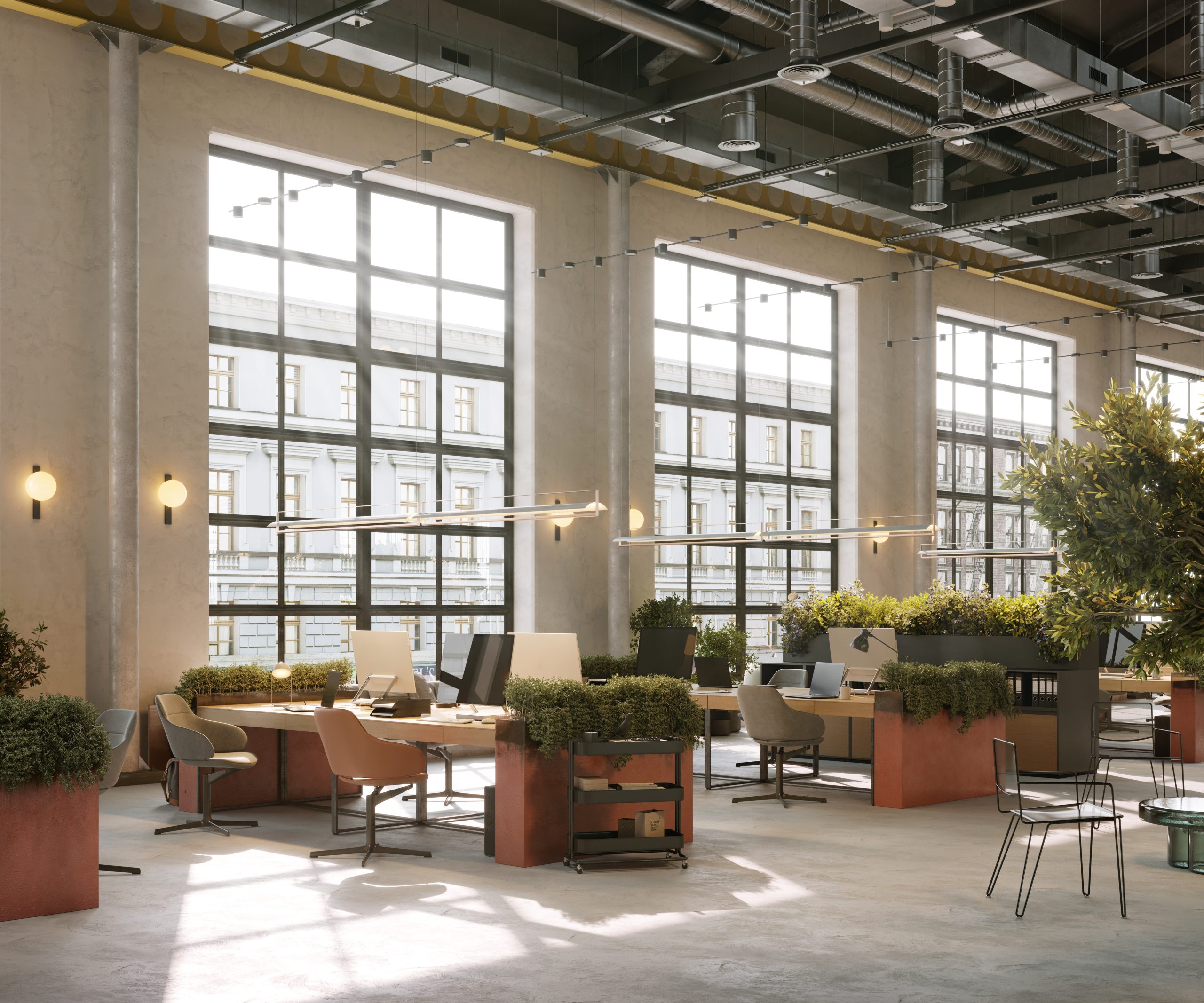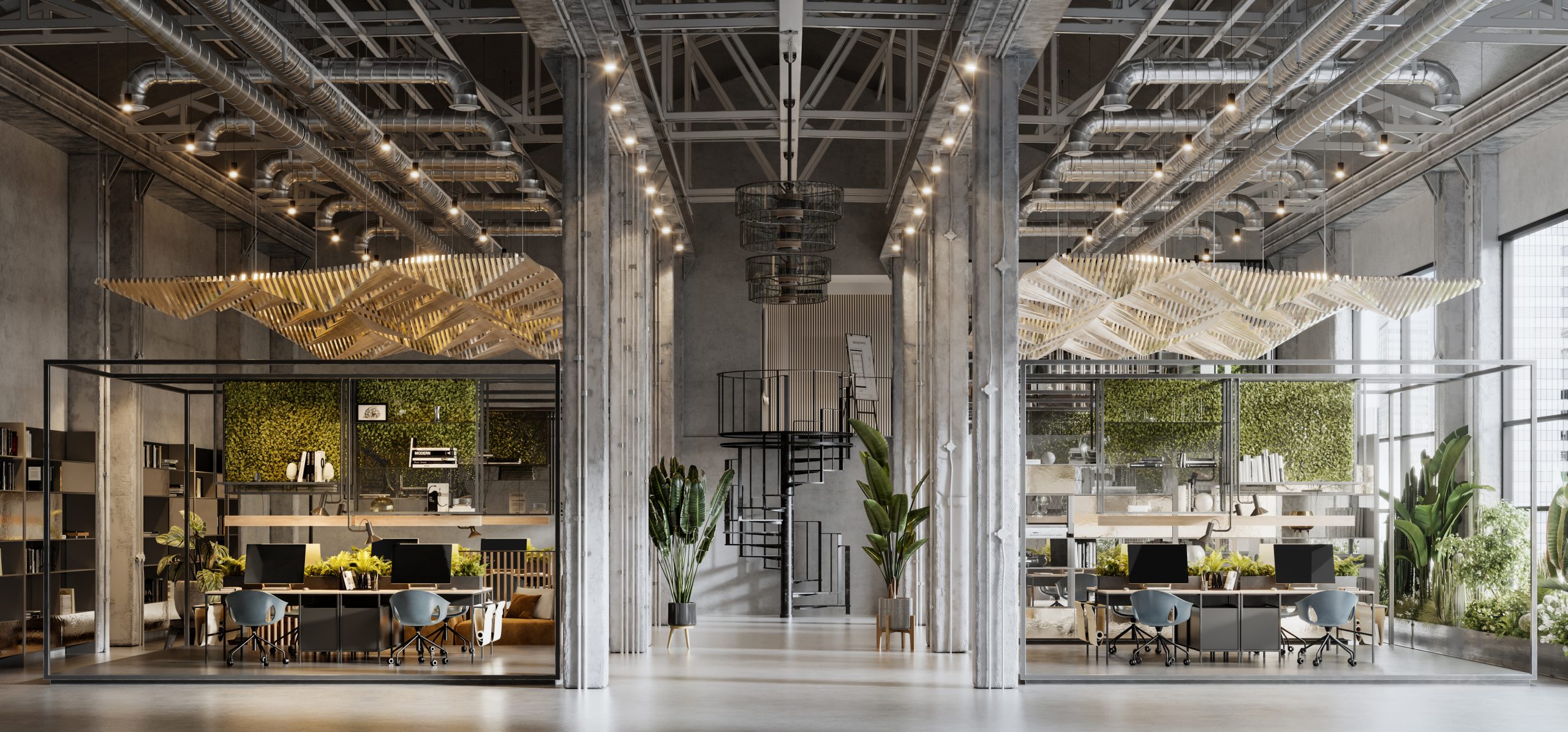


Building users are expecting more from real-estate providers – but how will this affect professionals’ roles and responsibilities?
From landlords to building managers to operational staff, those working in and around properties are finding themselves taking on a more service-oriented approach due to the rising trend for ‘hotelisation’, both in commercial offices and residential properties.
It’s a strategy that has been the subject of increasingly widespread discussion among real-estate professionals and one that we at The CoreProp Group have been focused on with the launch of CoreOps.
The pandemic has only accelerated adoption of the idea, as technology and service have become a greater priority for those who want to live and work in engaging spaces.
Historically, office buildings maybe had a security guard sitting at a desk, and there wasn’t a front of house as such. The concept of taking the hotel as an example and applying its practices to offices was unknown ten years ago.
What started off in premium London corporate buildings is now a global trend, all stemming from a focus on events, engagement, incredible customer service and the lifestyle that comes from bringing hotel-style service into office and residential spaces.
Properties are using the best elements and best practices from various different sectors and asset classes, applying these to create an enhanced site and customer experience.
The office and build-to-rent sectors are borrowing from hospitality; but equally, hospitality is having to change as well. It wasn’t that long ago that if you weren’t a guest at a hotel, you weren’t made to feel particularly welcome. But now hotel lobbies are multi-use, so people who aren’t guests check in for a coffee and work for an hour.
Typically, real-estate assets have struggled to put their users first. From construction to facilities to staff, the people who will live and work in and around that space were the last to be consulted, if ever.
The growing popularity of property technology and hotel-style provision seems to have prompted a shift from a revenue-driven mentality to a stronger service and well-being ethos. Ultimately a more rewarding long-term strategy, this will develop community relationships and solidify building users’ loyalty.
Properties that have starting to emulate hotel-style service have first prioritised hiring staff with the relevant experience and insight.
We’ve seen build-to-rent developers in the past couple of years hiring staff with a hospitality background to bring in an events programme and help create a sense of community. On the tech side, we’ve seen them introduce innovative features such as virtual viewings, app payments, digital reference checking, and a platform for residents to communicate with each other to foster that sense of community.
Uniting technology and staff is key to providing a first-class service and building a stronger community. Through apps and technology, you can send notifications, event invites, and create a hub.
From the commercial point of view, technology enables engagement and service. An example would be the visitor experience. Rather than having staff type your name into a computer, QR codes have sped up the process of signing in and out, giving reception the time to focus on the customer service and adding value.
To future-proof a sector that is evolving at an alarming pace due to the pandemic, real-estate assets must integrate technology into the design of buildings rather than retrofitting it. Only by bringing in customer experience measures such as maintenance management, visitor management and IoT software and sensors that enhance comfort and productivity at an early stage will this be possible.
Hotelisation supports this endeavour by cultivating stronger and more meaningful relationships with the teams who manage the buildings and the people who use them. In the longer term, this should foster loyalty, longer tenancies and, potentially, greater customer satisfaction.

At CoreOps, we streamline workspace management with over half a million square foot operated by our skilled in-house contractors, surveyors and facilities managers.

Professional, reliable and low-cost services should be an industry standard, not a luxury...

UK workers and their bosses are reaping the benefits of flexible working, according to new research released by Microsoft.